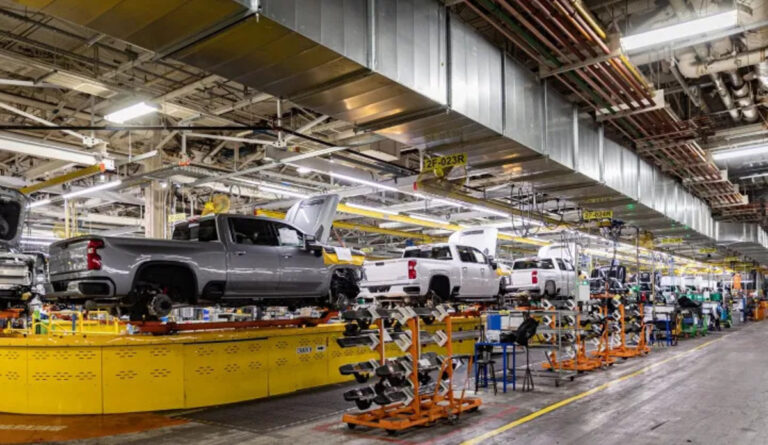🎧 Listen to This Article
The UK government, led by Prime Minister Keir Starmer, is offering significant tax cuts to major US tech companies in exchange for reduced tariffs from Donald Trump’s administration. As fears of a global trade war grow, the UK is positioning itself to secure exemptions from potential US-imposed trade barriers.
The UK is prepared to lower its Digital Services Tax (DST) rate—currently set at 2% on revenues from major tech firms like Amazon, Meta, Alphabet, eBay, and Apple—while expanding its scope to include non-US companies. This compromise seeks to address US concerns over DST’s impact on American firms while maintaining tax revenues, which are projected to rise to £1.2 billion annually by 2030.
The move comes as Trump prepares to implement sweeping global tariffs, including a 25% duty on car imports, which experts warn could endanger 25,000 UK automotive jobs. The UK government hopes that by offering concessions on DST and agricultural tariffs, it can negotiate a trade carve-out with Washington.
However, the plan has sparked backlash. Farmers are already opposing recent inheritance tax changes, and trade experts warn that Trump’s tariffs could still destabilize the UK economy, even if direct levies are avoided. The Centre for European Reform and Goldman Sachs have both revised UK economic growth forecasts downward, citing global trade tensions.
While Starmer’s strategy aims to protect British trade, concerns remain over the long-term consequences of aligning UK tax policy with US demands amid growing uncertainty in international markets.
For further details, clarification, contributions, or any concerns regarding this article, please contact us at editorial@tax.news. We value your feedback and are committed to providing accurate and timely information. Please note that our privacy policy will handle all inquiries



